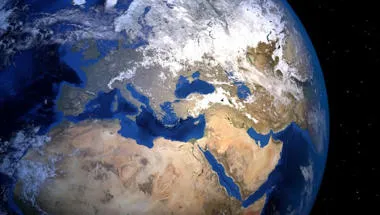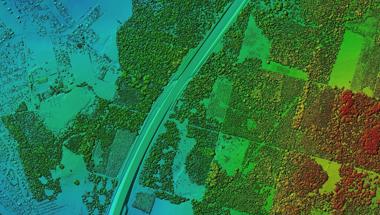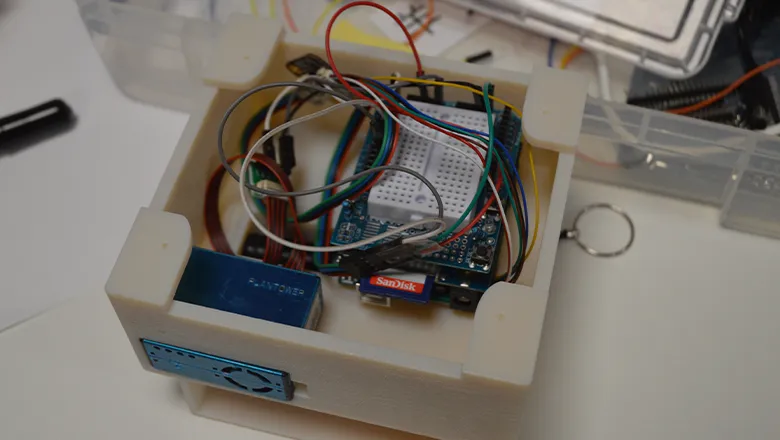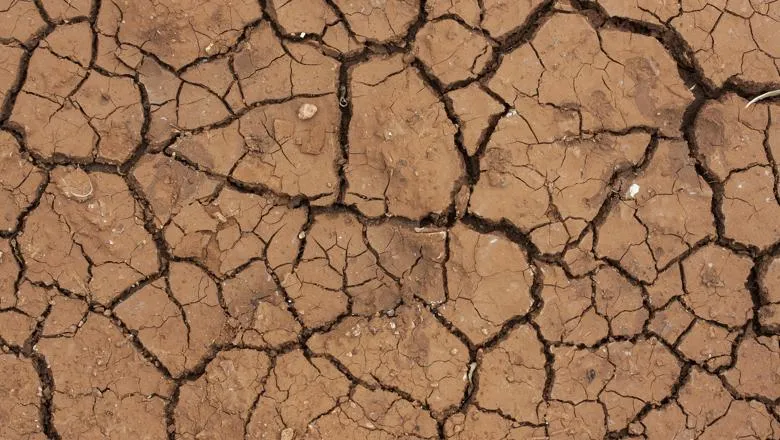
Dr Daniel Schillereff
Associate Dean (Research Culture)
- Senior Lecturer in Physical and Environmental Geography
Research interests
- Earth systems
- Geography
Biography
Dr Daniel Schillereff is a physical geographer and environmental scientist working to better quantify human-environment interactions in the past, present and future. This has encompassed integrating palaeoenvironmental methods with environmental monitoring in a range of ecosystems (lakes, rivers, peatlands). Recently, he has been working on several projects exploring the associations between environmental pollution and human health.
Daniel took up the inaugural role of Associate Dean (Research Culture) for the Faculty of Social Science and Public Policy in 2025. Daniel has centred Equality, Diversity & Inclusion in research, teaching and service throughout his career. He has been Chair of the Department of Geography EDI Committee and co-led a Faculty of Social Science and Public Policy workstream on attainment and awarding gaps. He actively promotes positive a working culture, showcased by recent publications on how success is evaluated and valued in academia. Daniel is also an advocate for Open Research principles.
Daniel became a Senior Lecturer in Physical & Environmental Geography in 2023. He previously held posts of Lecturer and Teaching Fellow since starting in the Department of Geography at King’s in 2015.
Prior to King's, Daniel was a post-doctoral research associate on the NERC-funded LTLS project exploring long-term macronutrient dynamics across the UK, jointly employed by the Centre of Ecology and Hydrology and the University of Liverpool. He completed his PhD in 2014 at the University of Liverpool, investigating historical flood records preserved in lake sediment sequences across the UK.
Research
Daniel’s background encompasses geomorphology, biogeochemistry and (paleo)environmental science and he has used field, laboratory and computational methods to explore the multidirectional interactions between humans and the environment. Current research foci include:
- Integrating palaeoenvironmental data and innovative environmental monitoring using bespoke, low-cost sensors in lakes, rivers, and peatlands to inform restoration efforts
- Carbon and nutrient cycling in peatlands, including genomic sequencing of microbial communities
- The role of agricultural or urban dust in local-to-global nutrient cycling
- Associations between environmental pollution and human health, for example via drinking water or indoor conditions within the home
- Using the sedimentary archive to refine flood frequency analysis
PhD Supervision
Daniel is keen to work with PhD researchers across the broad field of human-environment interactions. He would particularly welcome interest in:
- Long-term carbon and nutrient cycling in lakes and peatlands, restoration pathways and implications for future climate
- Sources and transport pathways of environmental pollution and associations with human health
- Quantifying local- and regional-scale dust dynamics
- Designing novel, low-cost instrumentation for high-density environmental monitoring
Further details
Research

Physical Geography and Environmental Science research group
Enhancing understanding of processes, drivers and impacts in water, land, atmosphere and ecosystems to address environmental and societal challenges.

King's Water Centre
Researching water, environment and development. Our centre spans the humanities, social, and physical sciences to explore the challenges of water governance from global to local scales.

King's Climate Research Hub
Studying climate change through the relationship between science, policy and culture.

Earth Observation and Environmental Sensing Hub
The Earth Observation and Environmental Sensing (EOES) Hub is an interdisciplinary research group at the Department of Geography, King’s College London.
Testing the role of nutrient input thresholds in governing microbial-mediated carbon sequestration for temperate peatlands
Examining palaeoclimate data & genomic sequencing of microbial communities to understand how peatlands have responded to changes in nutrients over 2000 years.
Project status: Ongoing

Geocomputation and Data Science Research Hub
The Geocomputation and Data Science Research Hub provides expertise in solving contemporary global problems using data.

Centre for Ageing Resilience In a Changing Environment - CARICE
Welcome to the Centre for Ageing Resilience in a Changing Environment: CARICE

Climate & sustainability researchers at King’s
King's researchers working across climate and sustainability
News
King's Engineers developing pollution tracking device to support climate change action
A collaborative of researchers led by Dr Yansha Deng and Dr Daniel Schillereff from the Departments of Engineering and Geography are developing a low-cost air...

Events

'Madmen, Womanisers, and Thieves': Moral Disorder and the Cultural Text of Refugee Encampment in Kenya
In this talk, Dr Hanno Brankamp draws on part of his doctoral research on humanitarianism, policing, and violence in Kakuma refugee camp in northwestern Kenya...
Please note: this event has passed.

Hear from physical and environmental geographers
Hear from academics in the Department of Geography about their research interests in physical and environmental geography.
Please note: this event has passed.
Research

Physical Geography and Environmental Science research group
Enhancing understanding of processes, drivers and impacts in water, land, atmosphere and ecosystems to address environmental and societal challenges.

King's Water Centre
Researching water, environment and development. Our centre spans the humanities, social, and physical sciences to explore the challenges of water governance from global to local scales.

King's Climate Research Hub
Studying climate change through the relationship between science, policy and culture.

Earth Observation and Environmental Sensing Hub
The Earth Observation and Environmental Sensing (EOES) Hub is an interdisciplinary research group at the Department of Geography, King’s College London.
Testing the role of nutrient input thresholds in governing microbial-mediated carbon sequestration for temperate peatlands
Examining palaeoclimate data & genomic sequencing of microbial communities to understand how peatlands have responded to changes in nutrients over 2000 years.
Project status: Ongoing

Geocomputation and Data Science Research Hub
The Geocomputation and Data Science Research Hub provides expertise in solving contemporary global problems using data.

Centre for Ageing Resilience In a Changing Environment - CARICE
Welcome to the Centre for Ageing Resilience in a Changing Environment: CARICE

Climate & sustainability researchers at King’s
King's researchers working across climate and sustainability
News
King's Engineers developing pollution tracking device to support climate change action
A collaborative of researchers led by Dr Yansha Deng and Dr Daniel Schillereff from the Departments of Engineering and Geography are developing a low-cost air...

Events

'Madmen, Womanisers, and Thieves': Moral Disorder and the Cultural Text of Refugee Encampment in Kenya
In this talk, Dr Hanno Brankamp draws on part of his doctoral research on humanitarianism, policing, and violence in Kakuma refugee camp in northwestern Kenya...
Please note: this event has passed.

Hear from physical and environmental geographers
Hear from academics in the Department of Geography about their research interests in physical and environmental geography.
Please note: this event has passed.
